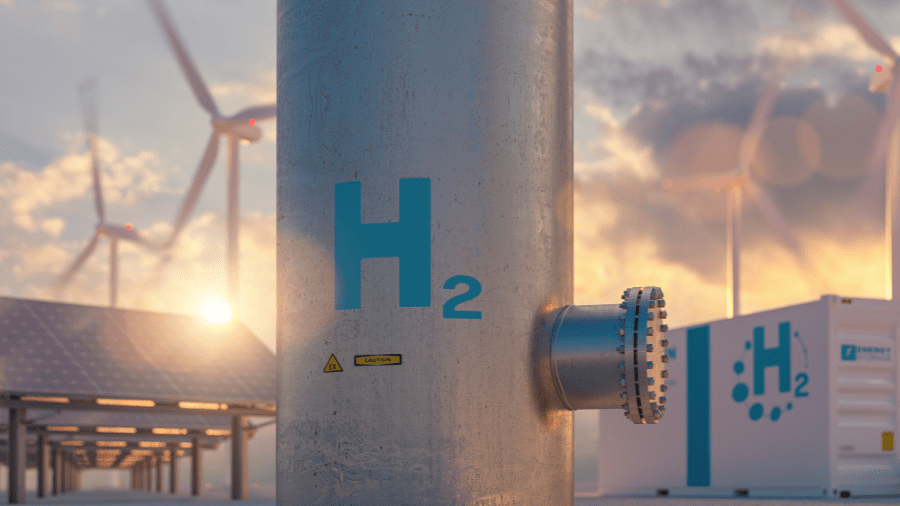This article originally appeared in the Financial Post. Below is an excerpt from the article, which can be read in full here.
By Jack Mintz, October 6, 2022
We need to ask ourselves an important question. To what extent should Canada harmonize its carbon policy approach with the United States? At the moment, we are on completely different tracks. The result could be a substantial bleed of manufacturing and clean-tech investment to the U.S.
The differences between the two countries’ approaches to carbon are startling. Canada is relying on carbon pricing (both tax and cap-and-trade) that is expected to rise to $170 per tonne by 2030. The U.S. has no national carbon price. Nor is it expected to have one soon, especially if the Republicans win control of at least the House of Representatives. The state-level cap-and-trade systems that have been established cover roughly 15 per cent of U.S. fossil fuel consumption. But prices are low. As of last week, California’s carbon price was US$26 — or about C$35, compared to our current carbon price of C$50.
***TO READ THE FULL ARTICLE, VISIT THE FINANCIAL POST HERE***






